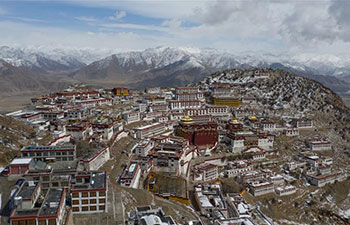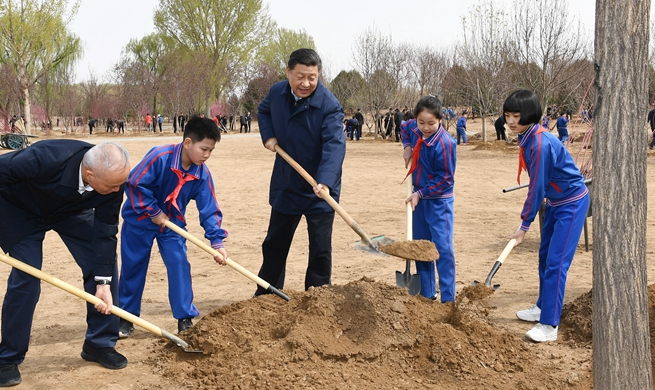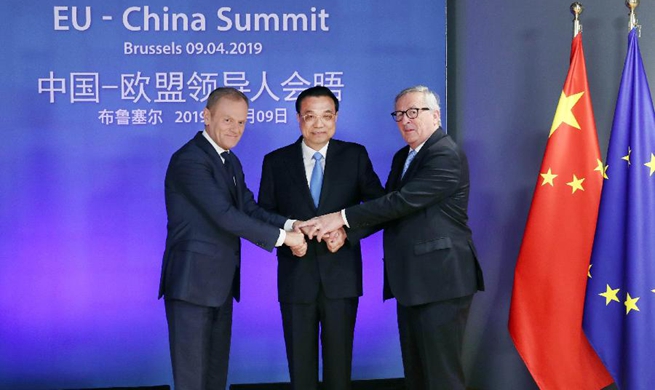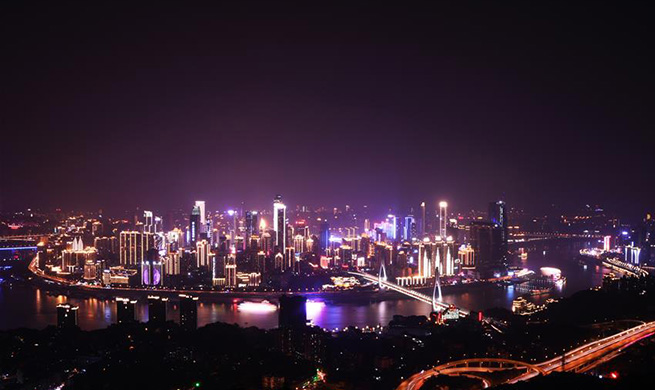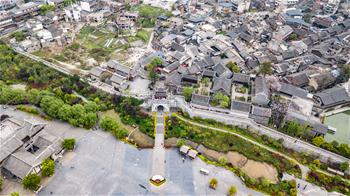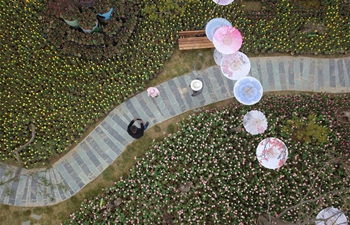by Xinhua Writer Luan Xiang
BEIJING, April 10 (Xinhua) -- A new sustainable development model with humanity in harmony with nature, which China has been promoting via the Belt and Road Initiative (BRI), will be key to achieve an ecological civilization worldwide, according to a World Wildlife Fund (WWF) expert.
"The Belt the Road Initiative that has been called for by Chinese leadership is very important for pushing for green, healthy, intelligent and peaceful actions in this century," Jean-Paul Paddack, Executive Director for Network Development at WWF said in a recent exclusive interview with Xinhua in Beijing.
China has also provided guidance and action plans on promoting the greening of the Belt and Road Initiative and cooperation in ecological and environmental protection within the framework, he pointed out.
China has been playing a key role in nature and biodiversity conservation for a long time, noted Paddack, stating that China's building of an ecological civilization is very much aligned with WWF's idea of sustainable development of humanity in harmony with nature.
"Globally, more ambition is needed to not simply halt loss but to reverse the trend of biodiversity decline. Given China's huge economic scale, growing impact and power, increasing voice on international stage and willingness to lead some of the international agendas, we hope that China becomes a new leading power to increase ambition and save our earth," he said.
A GREEN BRI, KEY TO GLOBAL TRANSFORMATION
Recalling his first visit to China 20 years ago, Paddack spoke highly of China and the Chinese government's efforts in transforming the development model toward an eco-friendly, innovative and sustainable direction within the boundaries of the ecosystem.
Huge progress has been made in China in terms of protection of biodiversity, increasing the number of protected areas, expanded forest coverage and wider participation of actors in preserving the integrity of the biosphere, with high ambitions in reducing CO2 emissions, he said.
Given that the BRI area covers many Protected Areas (PAs), key landscapes and key flagship species, it is vital to reduce substantial impacts on biodiversity and natural resources and to unlock the sustainable development in BRI regions, he said.
The BRI should be formulated, planned and implemented within the framework of two key policy instruments that address pressing sustainable development challenges in China and the rest of the world -- the concept of ecological civilization and the Sustainable Development Goals, suggested the expert.
He stressed that ecologically important and sensitive areas must be identified and mapped, and opportunities for ecological infrastructure must be identified along the Belt and Road.
In the meantime, transparent and inclusive governance in BRI projects will positively influence the quality of BRI decision-making processes and the outcome of BRI projects, as it will increase ownership and the chances of effective implementation.
Recognizing that China has been making tremendous efforts in nature conservation in recent years, Paddack said: "There is no doubt that we only have one earth, and participation from all stakeholders toward the same vision will be needed to fully unlock the future of sustainable development."
ECOSYSTEM INTEGRITY, FOUNDATION OF SUSTAINABLE DEVELOPMENT
Biosphere integrity is critical to sustaining ecosystem services that human beings rely on, according to Paddack. "A new sustainable development model, with humanity in harmony with nature, will be the key to achieve an ecological civilization," he said.
Mankind and nature are closely linked to each other. All economic activity ultimately depends on services provided by nature, which are estimated to be worth around 125 trillion U.S. dollars a year, said Paddack.
"Our health, food and security depend on biodiversity. From medical treatments to food production, biodiversity is critical to society and people's well-being. All of our economic activity ultimately depends on nature," he pointed out.
Exploding human consumption is the driving force behind the unprecedented planetary change that humans are witnessing, through the increased demand for energy, land and water. "There are many actions we can take, from sustainable consumption to sustainable production and reducing energy use to avoiding the use of disposable plastic," he said.
The WWF shares China's belief that a future development model that would not be based on the exhaustion of resources is achievable, underlined the conservationist.
"In recent years, we can see in a few developed countries that economic growth has been decoupled with the emission of CO2 and other pollutants. Targets with non-fossil fuel ambitions have been raised by cities and countries," he said.
"Different pathways are to be explored, and we believe that China's experience can contribute to this process," he concluded.







